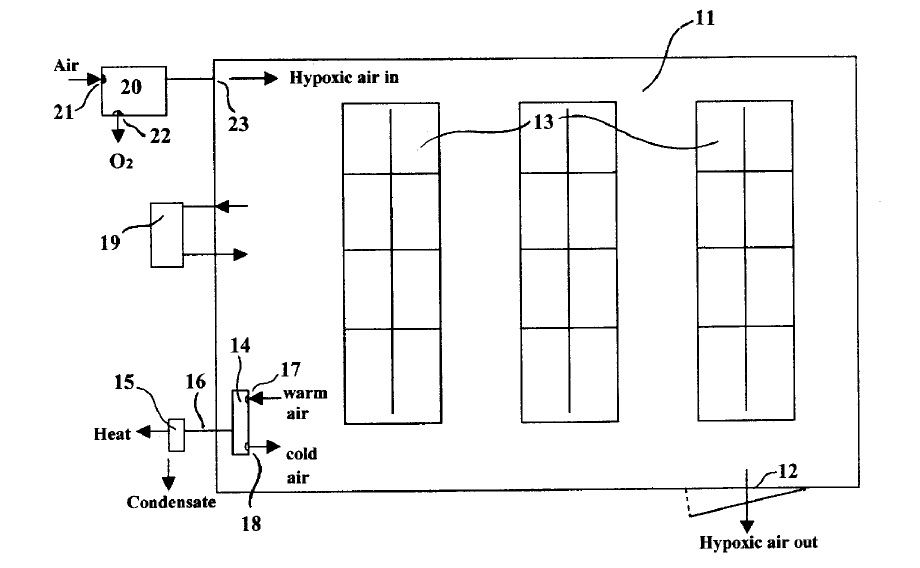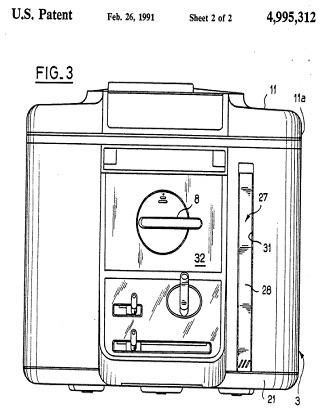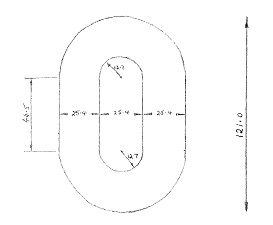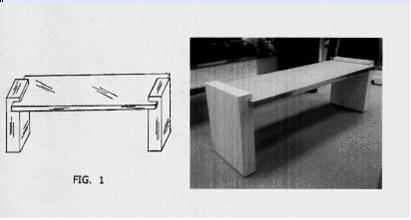Indianapolis, IN – Patent lawyers for Alcon Research Ltd of Fort Worth, Texas, Alcon Pharmaceuticals LTD of Switzerland, and Kyowa Haddo Kirin Co. of Japan filed a patent infringement in alleging Watson Laboratories Inc and Watson Pharma, Inc. of Parsippany, New Jersey, and Watson Laboratories, of Corona, California, infringed the following patent prior to the expiration:
Patent No. 5,641,805, Topical ophthalmic formulations for treating allergic eye diseases, Patent No. 6,995,186, Olopatadine formulations for topical administration and Patent No. 7,402,609, Olopatadine formulations for topical administration, which have been issued by the US Patent Office.
The Complaint alleges that Watson has filed an Abbreviated New Drug Application (“ANDA”) with the Food and Drug Administration “seeking approval to manufacture and sell a generic version of PATADAY™ ophthalmic solution,” a drug product that is covered by several patents owned by Alcon. The Complaint states that Watson sent a letter to Alcon on April 27, 2011 notifying Alcon of Watson’s ANDA and intent to manufacture and sells products covered by the ADNA. According to Alcon, Watson’s April 27 letter and ANDA stated that Alcon’s patents are invalid, unenforceable and/or will not be infringed. Alcon has made three claims of patent infringement and three claims for a declaratory judgment of infringement. Alcon’s patent attorneys are seeking an injunction, declaratory judgment, attorney’s fees and costs. Alcon has alleged that the basis for jurisdiction of the Southern District of Indiana is that Watson markets and sells drug products nationwide and in Indiana.
Practice Tip: Alcon’s patent attorneys filed this case before apparently before Watson actually sold any allegedly infringing products. Hence, they are seeking an injunction to prevent any potentially infringing sales as well as a declaration judgment of infringement, rather than monetary damages. These remedies, if granted, could prevent monetary damages that could occur if infringing products are sold. The Patent Act, 35 U.S.C. § 283, allows a court with jurisdiction to grant an injunction “to prevent the violation of any right secured by patent, on such terms as the court deems reasonable.”
 Indiana Intellectual Property Law News
Indiana Intellectual Property Law News





